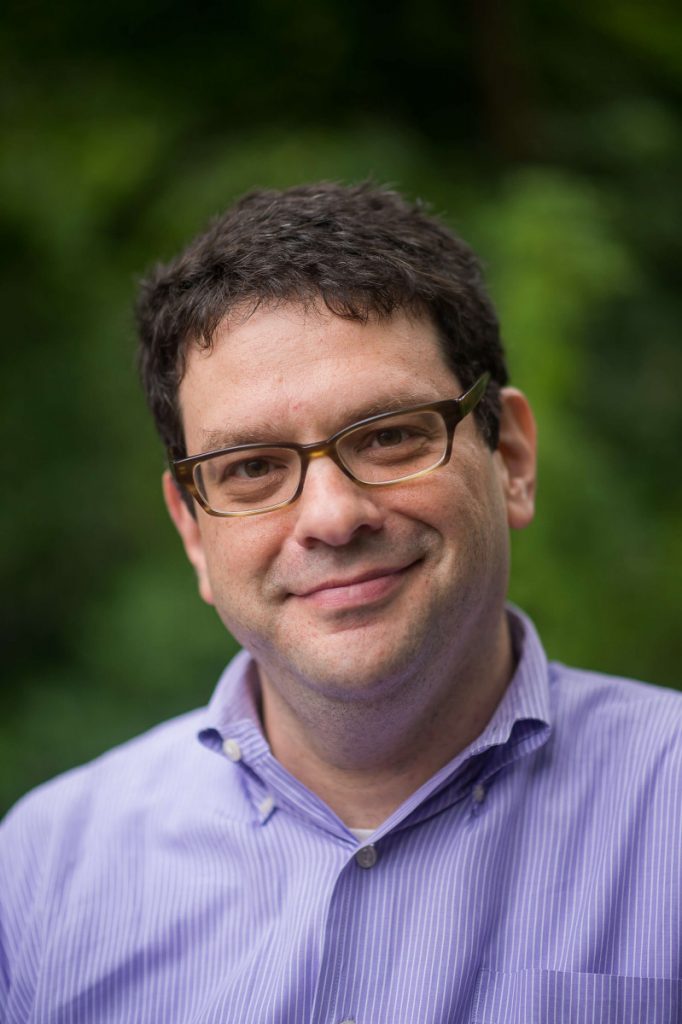
Kaitlyn Finchler
Contributing Writer
When speaking of or comparing different religions, many people will take different meanings and purposes to reflect their own respective religion. But, when do these comparisons turn into hate thoughts or speech, or even antisemitism?
Rabbi Shai Held, president and dean of the Hadar Institute, will deliver his lecture at 2 p.m. today in the Hall of Philosophy for the Week Eight Interfaith Lecture Series theme, “Compassionate, Merciful: Describing the Nature of God.”
“I’m planning on talking about trying to undo one of the most enduring and pernicious caricatures of Judaism, which is that the God of the Hebrew Bible is the God of vengeance and rage, whereas the God of the New Testament is the God of sweetness and light,” Held said.
Tracing some of the ways love and mercy are “really at the heart” of the Bible’s worldview and its perspective of God, Held said the angle he wants to present is the “centrality” of compassion, mercy and forgiveness.
“One of the themes that I want to draw out for people is the argument in various Jewish sources that forgivingness is a major part of what makes God, God,” he said. “That God is able to forgive in a way that we can only approximate.”
Held said this is “really the opposite” of the way God is often caricatured, which can often be attributed to a “very long and very painful and very damaging legacy” of Christian antisemitism.
“Christianity, for many centuries, told a story whereby Judaism was a loveless religion, and Jesus came into the world to introduce something that hadn’t been known before,” Held said. “That is ultimately both false and really damaging because Jesus got the love somewhere, right? He got the love from his Jewish education.”
The legacy of Christian antisemitism takes different forms in different places, he said.
“Sometimes, it’s the claim that Judaism is a loveless and inadequate religion that does not accurately perceive the depth of God’s love and grace,” Held said. “Sometimes, it’s even more insidious than that. It’s the claim that Christianity has replaced Judaism and that Judaism has no ongoing validity — that’s what people call supercessionism.”
Held said the core of his lecture will be from his 2024 book Judaism is About Love: Recovering the Heart of Jewish Life, which he described as the work of his lifetime. He is also the author of Abraham Joshua Heschel: The Call of Transcendence and The Heart of Torah, as well as hosting the Hadar Institute podcast “Answers WithHeld.”
“The core of my lecture is going to be built around one of the chapters of the book about the idea that the God of the Bible is not actually who that God has presented as,” Held said. “I hope that in the Q-and-A the dialogue will be able to open up to some of the other bigger themes in the book, as well.”




